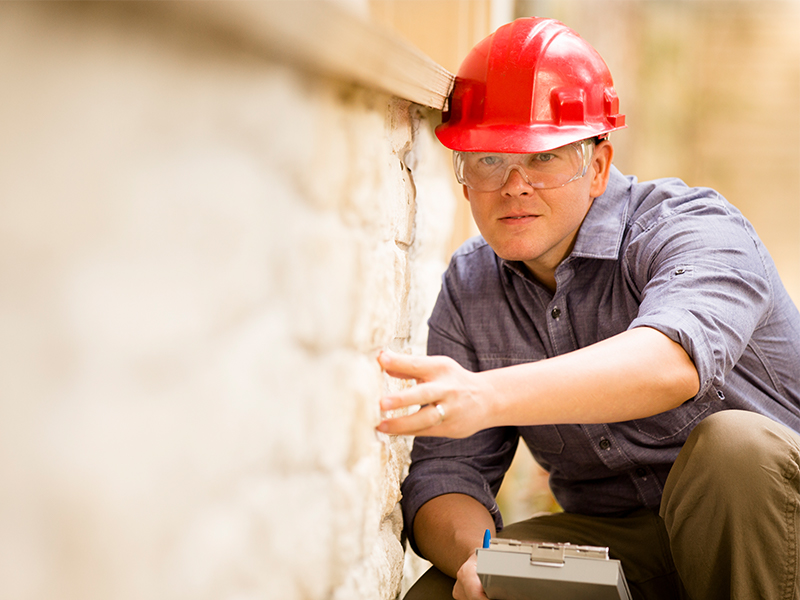
What to Do if a Contractor Is Injured on Your Property
Dealing with a contractor injury on your property can be a daunting experience, fraught with legal and ethical considerations. Here’s a comprehensive guide to navigating this situation effectively and responsibly.
Immediate Response
The first and most important step is to ensure the injured contractor receives prompt medical attention. Call emergency services if the injury is severe. Once the immediate medical needs are addressed, report the incident to your homeowner’s insurance company. Document the scene with photographs and gather statements from any witnesses. This documentation will be crucial if any legal or insurance claims arise.
Legal Responsibilities
Understanding your legal responsibilities is critical. In Texas, the “statute of limitations” for personal injury lawsuits is two years. This means that the injured party has up to two years from the date of the injury to file a lawsuit. It’s important to be aware of this timeframe and to keep all relevant documents and communications organized and accessible.
Insurance Coverage

Check your homeowner’s insurance policy to see if it covers contractor injuries. Many policies include coverage for injuries that occur on your property, but the specifics can vary. If the contractor has their own insurance, their policy might also cover their medical expenses and lost wages. In any case, informing your insurance company about the incident promptly is essential.
Regular Maintenance
Preventing accidents is always better than dealing with the aftermath. Regular maintenance of your property can help minimize the risk of injuries. For instance, your roof should be inspected once or twice a year under normal circumstances. This ensures that any potential hazards, like loose shingles or structural weaknesses, are identified and addressed before they can cause harm.
Contractor Precautions
When hiring contractors, ensure they are licensed and insured. This not only protects them but also shields you from potential liability. Ask for proof of insurance and verify that it covers both worker’s compensation and general liability. Additionally, discuss safety protocols with the contractor before work begins. Clear communication about potential hazards and safety measures can prevent many accidents.
Documentation and Communication
Keep detailed records of all communications with the contractor and their insurance company. This includes emails, phone calls, and written agreements. If a claim is filed, having a thorough record will support your case and help resolve disputes more efficiently.
Property Specific Maintenance

Specific types of properties may have unique maintenance needs. For example, if you own a pole barn, regular maintenance is crucial. According to Bob Vila, proper pole barn maintenance can help keep the building strong for several years to come. This includes checking for structural integrity, ensuring proper ventilation, and addressing any wear and tear promptly. Such proactive measures can significantly reduce the risk of accidents.
Post-Injury Protocol
After the initial incident, follow up with the injured contractor to ensure they are receiving the necessary medical care and support. This not only demonstrates empathy but also helps maintain a good relationship. Additionally, review and improve your property maintenance routines and safety protocols to prevent future accidents.
Legal Consultation
Consulting with a legal professional can provide clarity and guidance on your specific situation. An attorney experienced in personal injury law can help you understand your rights and responsibilities, navigate insurance claims, and represent you if a lawsuit is filed. Legal advice is invaluable in ensuring that you handle the situation correctly and minimize potential liabilities.
An injury to a contractor on your property is a serious matter that requires immediate action, thorough documentation, and ongoing attention to property maintenance. By understanding your legal responsibilities, maintaining open communication, and ensuring regular property upkeep, you can effectively manage the situation and reduce the risk of future incidents. Remember, proactive measures and preparedness are your best defenses against accidents and their potential repercussions.




